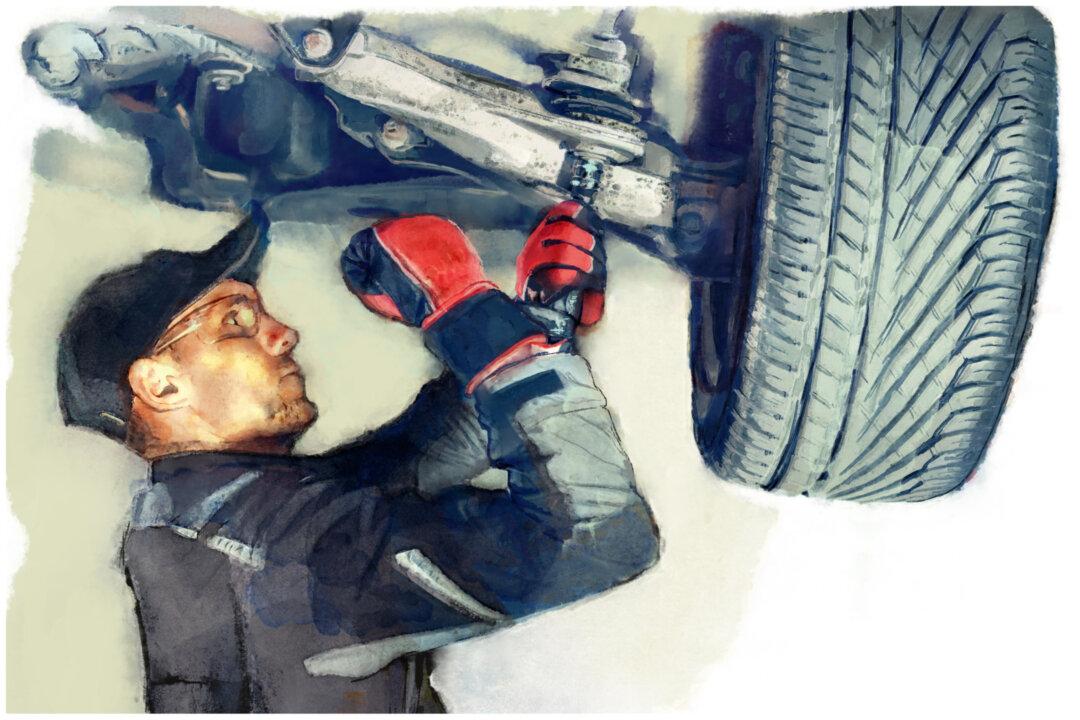In the television show “The Many Loves of Dobie Gillis,” aired before many of my readers were born, Bob Denver, later of “Gilligan’s Island” fame, played Maynard G. Krebs, a beatnik—for young readers, think early hippie. His trademarks were a goatee and an aversion to work. Whenever someone mentioned the word, Maynard would panic, yelp “Work!” and sometimes, even drop into a faint.
Along with my siblings, then old enough to appreciate that show, I’d always laugh at Maynard’s line, although it was one we never dared try out on our parents.






